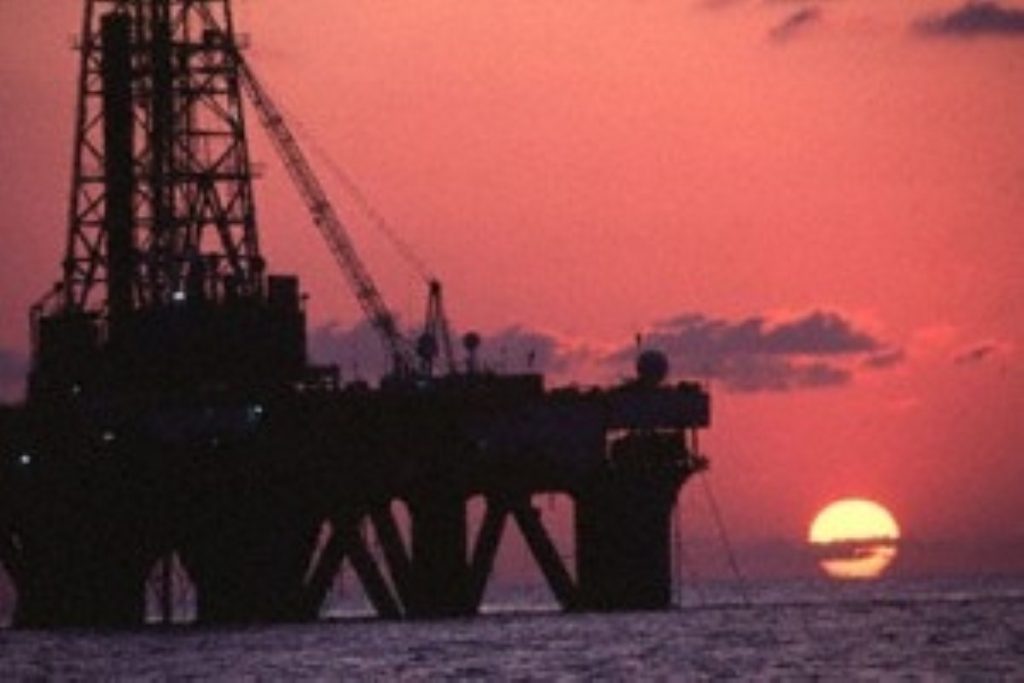Groundbreaking treaty to protect Caspian Sea
A convention to protect the rich marine environment of the Caspian Sea has been signed by ministers from Azerbaijan, Iran, Kazakhstan, the Russian Federation, and Turkmenistan.
The first legally binding treaty on any subject to be adopted by the five neighbours will also end nearly a decade of bickering over the area’s rich oil and gas reserves, some of the largest in the world.
Once ratified, the UN sponsored treaty will coordinate regional efforts to reverse a severe environmental crisis brought about by industrial pollution, toxic and radioactive wastes, agricultural run-off, sewage, and leaks from oil extraction and refining.
Uncontrolled fishing of caviar-producing sturgeon, and the over-exploitation of other marine resources have impacted heavily on the region’s biological diversity, which include around 400 species unique to the Caspian. Added to this, the water level in the Caspian – 28 metres below sea level – is rising, threatening coastal communities and ecosystems.


Massoumeh Ebtekar, Vice President and Head of the Department of the Environment for the Islamic Republic of Iran said: ‘Our actions here today also underline our shared conviction that countries must work together if they are to achieve their common environmental goals.’
Deputy executive director of the United Nations Environment Programme Shafqat Kakakhel added: ‘By ensuring the sustainable use of the Caspian Sea’s valuable living resources, the Convention will contribute enormously to the well-being of millions of people living in this region.’
The news comes as the private sector arm of the World Bank approves a multimillion dollar loan to continue the construction of a pipeline to transport Central Asian crude oil to Europe.
Stretching for 1760 kilometres the line will be one of the longest in the world and will run from an oil field off Azerbaijan in the Caspian Sea, through Georgia to the Mediterranean coast of Turkey. The route will allow the environmentally sensitive Black Sea and the Bosporus Straits area to be bypassed.












